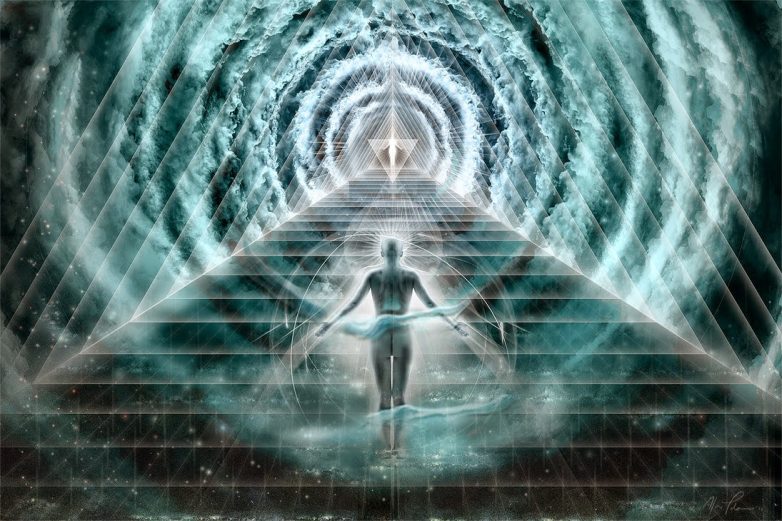
Dr. Josephson is a Physicist well known for his work in Super conductivity and Quantum Tunnelling.
During the early 1970s he started research in the field of took up transcendental meditation and and his findings led him conduct in depth studies in this area which is outside the realm of main stream science.. He is the founder of the Mind–Matter Unification which was setup up to explore the concept of intelligence in nature as well as more importantly the relationship between quantum mechanics and consciousness, and the synergy between science and what is often termed as Eastern mysticism, or quantum mysticism.
What I like about Dr. Josephson’s work, and why I think it is indirectly relevant to reincarnation, is that he embraces the scientific study of paranormal phenomena and non-materialist theories of human consciousness. Most arch-sceptics reflexively dismiss this approach, preferring instead to embrace only the evidence that confirms their materialistic worldview and dismissing any conflicting evidence as based on fraud or wishful thinking. Dr. Josephson’s work (and that of many other forward thinking physicists such as David Bohm and Brian Greene) charts a new course by going beyond the rigid dualism of science vs. spirit and recognizing that they may be two sides of the same coin. One of the major criticisms of reincarnation is that there is no known mechanism by which it could take place; this makes it easy for them to categorize it as a religious belief with no basis in reality. But as we know, there IS evidence of reincarnation. I think that eventually it will be recognized for what it is: a natural phenomenon. We aren’t there yet, though, and it can be tough sometimes to bear this knowledge in a society that largely denies and marginalizes it.
I am reminded of Dr. Semmelweis, the 19th century physician who discovered that the incidence of maternal mortality following childbirth could be sharply reduced by having physicians wash their hands before assisting at a birth. This was before the discovery of germs, and apparently it was common practice to go straight from an autopsy to a birth without washing up. Dr Semmelweis did not know why handwashing was effective — he theorized some kind of invisible particles might be transferred from the corpse to the mother — but he couldn’t prove it. Sadly, the medical establishment at the time was convinced that disease was caused by an imbalance of “humours” in the body. As a consequence, they ridiculed Dr Semmelweis’ hand washing technique as nothing more than superstitious belief, noting particularly the lack of evidence of a physical means of disease transmission. (They probably also didn’t want to admit that they were wrong). Dr Semmelweis eventually had a nervous breakdown and died in an insane asylum. Well, once germs were discovered, the good doctor was vindicated.
I think we are at a similar point with reincarnation — we know it is true based on evidence, even though we cannot point to a measurable, defined mechanism by which it occurs. (Dr Stevenson proposed the term “psychophore” to denote that part of the individual that bears memories and experiences from one life to the next, perhaps to avoid the religious connotation of the word “soul.”) Because reincarnation is a natural phenomenon, not merely a faith-based religious belief, I have no doubt that eventually science will be able to describe how it operates. But until then, we have to content ourselves with the knowledge that we are right!